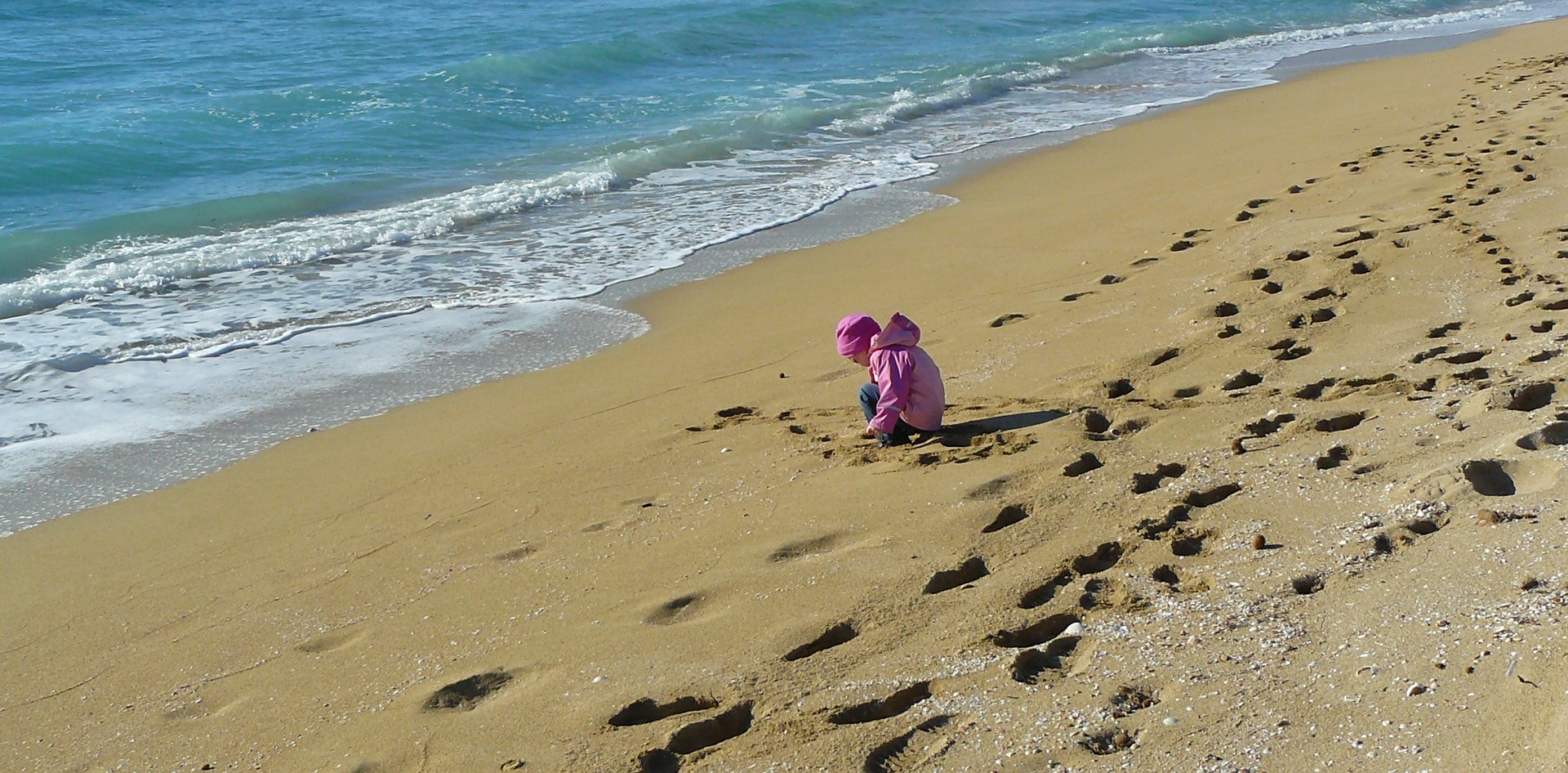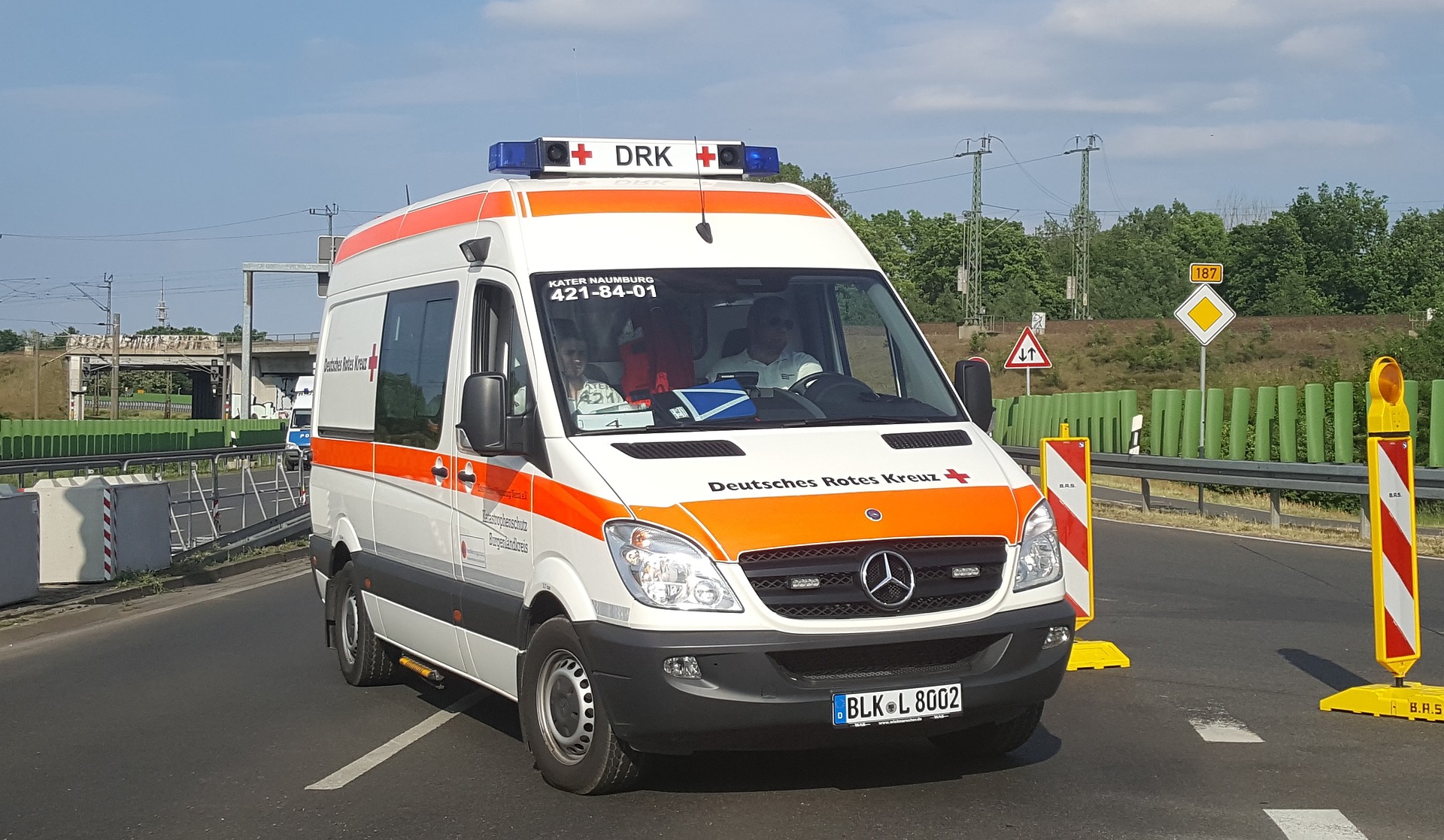From the Heart of a Stranger

The place was in Takayama, in northern Japan ―a village by the cool, blue sea
It was 1936 when Mary and her seven year old daughter, Janet went on holidays there. There was no doctor in Takayama, and it was necessary to go to the city of Sendai, 20 miles away, to buy medicine. But the sun and the blue sea and the clean northern air made that seem unimportant..

One afternoon Janet came in from playing on the beach and complained of a sore mouth. The inside of her lower lip looked redder than usual. Mary thought it was caused by sand or sea water and immediately washed Janet’s mouth out with fresh water, thinking it was nothing to worry about.
But the next morning she had a fever, and her mouth looked much worse. There seemed to be a rash of small red spots, and it was spreading, Mary walked to the telegraph office and sent a description of the rash to St. Luke’s Hospital in Tokyo. Back came a telegram with the name of a medicine, in the form of a strong solution, to be used as a mouth-wash.

Mary hired Takayama’s one old taxi and drove the 20 miles to Sendai for the medicine. Then She hurried back to use it. One touch of the medicine, and Janet screamed with pain, her mouth badly burned.
Mary realized that some terrible mistake had occurred. (Much later the man at the telegraph office came to say how sorry he was for writing the directions that made the solution too strong.)
But how could Mary help Janet now? She eased her pain a while ago with a gentle mouthwash, but that was all She could do.
She tried to make a plan. It was too late to catch the fast night train to Tokyo, where she could get proper hospital treatment. The only possibility was the slow morning train, which wouldn’t reach Tokyo until Late afternoon.
There was a half mile walk from Mary’s house down a steep cliff path at the edge of the sea, across the beach and along pathways between flooded rice fields to the road. There the taxi Mary used would meet them. But that morning Janet was too ill to walk. The fever was worse, her mouth was badly swollen and dark spot were beginning to form.
Mary thought that perhaps she could be carried in a chair. She went down to the beach and told the fishermen that her little girl was ill. Immediately, four of them―who were already starting out for the morning catch of fish―pulled their boat back from the water then they climbed the hill with Mary.
They looked at Janet and shook their heads. “Too ill to sit in a chair,” they told one another quietly. “It would be better to carry her lying in a bed.”
An iron bed carried along a steep path? “Truly easy, truly safe,” they told Mary.
They tied one end of a short length of rope round each bed leg and put the other end of the ropes round their necks holding the free end with their hands.
“If one of you slips, the rope will strangle you,” Mary said. She was trembling with fear for them and for Janet, too.
“The danger of that will make our steps more careful,” they said.
They went down the steep cliff path, crossed the beach and stepped slowly along the narrow rice-fields paths. They kept the bed level and steady all the way, and lifted Janet into the taxi with gentle hands. Then they stood back lowering their heads politely so that Mary wouldn’t see the tears in their eyes.
Weeks later, when Mary tried to pay them for the time they had taken from their work, they refused. With quiet dignity they said, “The child was ill. Naturally we helped.”

As they drove into Sendai that morning, the only thing Mary thought of was the hot, nine-hour journey ahead. When they finally arrived and boarded the train, Mary told the guards that she was willing to pay for six tickets, if they would let her make a bed for Janet on the floor of the luggage wagon. There she could put towels round the fast melting ice she had bought at Sendai and lay them on Janet’s face and shoulders to try to keep the fever down.
The guard looked at Janet and went away. He was back in a few minutes, picked up Janet in his arms and told Mary to follow. They pushed through several crowded carriages to the door of a fine private compartment. A well-dressed man bowed saying, “The Minister is sorry to hear of your child’s serious illness. He asks that you accept his bedroom.”
“The Minister!” That meant one of the highest officials in the Japanese Government.

“But we can’t―” Mary began. Then the Minister himself appeared.
“You need a bed for your child,” he said simply. “Please allow me to provide it.”
Janet was laid on a clean bed. A fan was turned on her, clean gauze placed over her face to keep off dirt and flies, and fresh towels laid out for the ice. At the next station, more ice was put on the train. Someone had ordered it by telegram. There was no food on sale on the train. People brought food with them or bought it at stations where the train stopped. Before Mary had time to worry about food, however, cool drinks, hot food and fruit were handed in to her.
All afternoon their train went slowly across the hot Japanese countryside. And all afternoon just outside their door a servant broke the big pieces of ice into small ones to wrap in the towels. Fresh ice was put on the train at every stop. She covered Janet’s forehead, neck and shoulders with the ice, fighting the heat outside and inside the body. Later, the doctors at the hospital told Mary that the ice had helped to save Janet’s life. It kept the fever down and stopped the deadly destruction of the tissue of her mouth.

When they arrived at Ueno Station in Tokyo, an ambulance was waiting for them. As Mary tried to find words to thank the minister, he shook his head. “I had to do what little I could,” he said. “You are a guest in my country.”
"His words have become a law by which I try to live. As my life takes me to other parts of the world, I try always to do what little I can to ease the way of people I meet, especially those who are in need of help. I have a debt to pay, not only for the help which was given Janet and I that day, but also for the lesson in human kindness taught me by strangers." Mary said as she watched the minister leave.
source1
source2
source3
Great story man! Looking forward to your future posts! 😀
Thanks boss... I'm encouraged